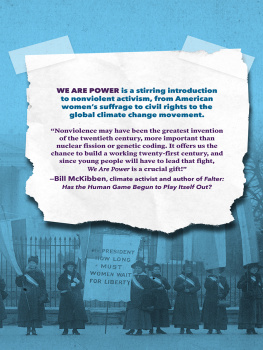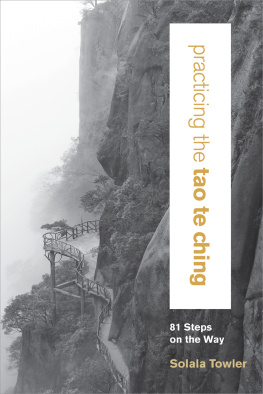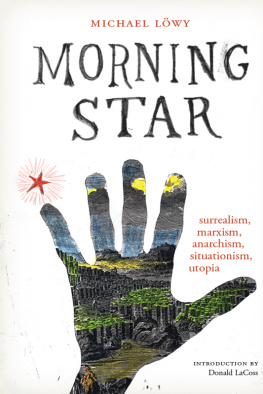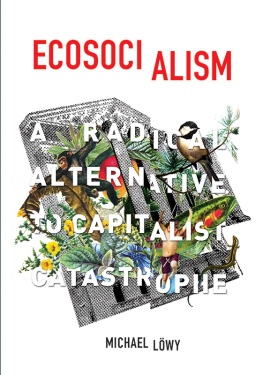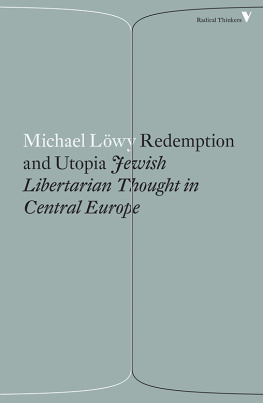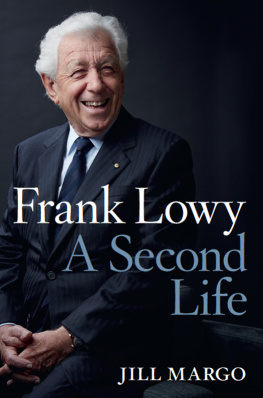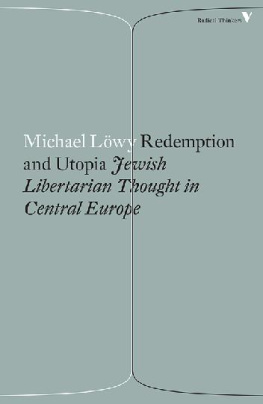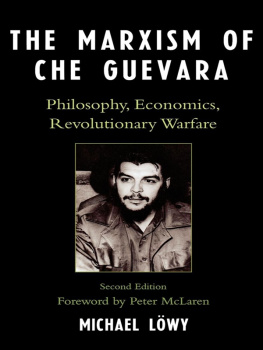Jill Lowy [Lowy - Practicing the Way of the Tao Te Ching
Here you can read online Jill Lowy [Lowy - Practicing the Way of the Tao Te Ching full text of the book (entire story) in english for free. Download pdf and epub, get meaning, cover and reviews about this ebook. year: 2015, publisher: Jill Lowy, genre: Religion. Description of the work, (preface) as well as reviews are available. Best literature library LitArk.com created for fans of good reading and offers a wide selection of genres:
Romance novel
Science fiction
Adventure
Detective
Science
History
Home and family
Prose
Art
Politics
Computer
Non-fiction
Religion
Business
Children
Humor
Choose a favorite category and find really read worthwhile books. Enjoy immersion in the world of imagination, feel the emotions of the characters or learn something new for yourself, make an fascinating discovery.

- Book:Practicing the Way of the Tao Te Ching
- Author:
- Publisher:Jill Lowy
- Genre:
- Year:2015
- Rating:5 / 5
- Favourites:Add to favourites
- Your mark:
- 100
- 1
- 2
- 3
- 4
- 5
Practicing the Way of the Tao Te Ching: summary, description and annotation
We offer to read an annotation, description, summary or preface (depends on what the author of the book "Practicing the Way of the Tao Te Ching" wrote himself). If you haven't found the necessary information about the book — write in the comments, we will try to find it.
Jill Lowy [Lowy: author's other books
Who wrote Practicing the Way of the Tao Te Ching? Find out the surname, the name of the author of the book and a list of all author's works by series.
Practicing the Way of the Tao Te Ching — read online for free the complete book (whole text) full work
Below is the text of the book, divided by pages. System saving the place of the last page read, allows you to conveniently read the book "Practicing the Way of the Tao Te Ching" online for free, without having to search again every time where you left off. Put a bookmark, and you can go to the page where you finished reading at any time.
Font size:
Interval:
Bookmark:
PRACTICING THE WAY
OF THE
TAO TE CHING
JILL LOWY
Practicing The Way of the Tao Te Ching
Copyright 2015
Jill Lowy
ALL RIGHTS RESERVED
No portion of this publication may be reproduced, stored in any electronic system, or transmitted in any form or by any means, electronic, mechanical, photocopy, recording or otherwise without written permission from the author. Brief quotations may be used for literary reviews.
ISBN-13:978-0692394588
ISBN-10:0692394583
FOREWORD
I use Gia-Fu Feng and Jane Englishs translation of Lao Tsu, Tao Te Ching for my book. Ever since I first read their translation of the Tao Te Ching many years ago, I have been very attuned to it. I am a mystic at heart and I feel closer to the ineffable Tao when I read Gia-Fu Feng and Jane Englishs translation of the Tao Te Ching than other translations I have studied. I also find the biography of Gia-Fu Feng very fascinating. Gia-Fu Feng was raised in China and later traveled to America. He practiced Tai Chi and studied with Fritz Pearls at Esalen. He was good friends with Alan Watts and Jack Kerouac. Later he married Jane English and moved to Colorado, where he founded Taoist Buddhist Center called Stillpoint. Alan Watts referred to Gia-Fu Feng as The Real Thing meaning a genuine Taoist adept. Compared to other scholarly translations of the Tao Te Ching, I think Gia-Fu Fengs translation is more intuitive and closer to the essence of the Tao.
In my book, I also discuss other religious views with Taoism, especially Buddhism, Hinduism and Christianity. Taoism and Buddhism flourished together in the East. They shared many ideas and practices even though they were in competition with each other due to the prevailing political regimes. And of course, Buddhism developed out of Hinduism. Before Buddha was Buddha, he studied under various Hindu teachers and ascetics until he became enlightened. Christianity is very prevalent in our culture and has a widespread impact on the western Mindset.
I have also studied and practiced these traditions very intensely in my own personal life. I attended seminary at Andover Newton Theological School where I studied Christian theology. I have practiced Kriya Yoga many years through the tradition of Parmahansa Yogananda. I am part of the Sangha at Compassionate Dharma Cloud Monastery under Abbot Tinh Man, where I practice Mindfulness and Zen meditation in the tradition of Thich Nhat Hahn. And, I have studied Taoist meditation and taught Tai Chi for many years. I practiced Tai Chi under Master Waysun Liao and later with adepts of Master Moy Lin-Shin. I currently am a member at Taoist Tai Chi Society in Denver, Colorado. Although you could call me a Taoist, Buddhist, Christian Mystic or a Yogi, I am really just a seeker of the Truth and follower of the Way. There are many pathways to the One or Tao, but in the end, they all lead to the same source or center. You do not have to become a Taoist to benefit from the teachings of the Tao Te Ching; you just have to put the practices to work in your daily life. Then the Tao will begin to reveal itself to you.
ONE
The Tao that can be told is not the eternal Tao.
The name that can be named is not the eternal name.
The nameless is the beginning of heaven and earth.
The named is the mother of ten thousand things.
Ever desireless, one can see the mystery.
Ever desiring, one can see the manifestations.
These two spring from the same source, but differ in name;
This appears as darkness.
Darkness within darkness.
The gate to all mystery.
This verse indicates the Tao cannot be known through words or names. It is beyond the confines of normal language and concepts. Names are used to communicate and describe creation, but the essence of creation is beyond names. Identifying creation with various names is useful for understanding and discrimination, but it is easy to lose the forest for the trees. For instance, when we call an object a tree, what do you see? In your mind, you probably see a picture of a tree of some sort all by itself. But a tree does not exist all by itself. Zen Master, Thich Nhat Hahn explains that a tree is made from non-tree elements, such as earth, water, air and sunlight. It could not exist without these non-tree elements. So by using names, we can identify conceptually a tree, but it really tells us very little about the essence of a tree. The essence of a tree is beyond its name. Everything in the Universe is actually a totality. Everything is connected to everything else.
When we begin to conceptually divide creation into parts, then we have The Mother of ten thousand things. Everything in creation becomes named or tagged as this or that. This is my car; that is your house; this is a tree in my yard. This is me and that is you. This is how we normally view the world around us. But nothing could be further from the truth. Because the truth is everything is interconnected as One or the Tao. We can identify all the atoms, molecules, cells, organisms, minerals, plants, animals, humans, planets, stars, galaxies, but it is still One Universe.
Ever desireless, one can see the mystery.
Ever desiring, one can see the manifestations.
These two spring from the same source, but differ in name.
This stanza is a major key in knowing the Tao. Most people only know the Tao by its manifestations. We want to ride the merry-go-round of life. We pay our fee for existence through the boundaries of time and space. We incarnate on the merry-go-round of illusion, which is powered by our desire for the manifestations of creation. Basically we are living on the earth because we want to be here. We all have desires, which can only be fulfilled in time and space on earth. It is our desires that keep us incarnating on the physical plane. According to the Buddha, it is our cravings that cause us the most suffering. The majority of people want things constantly. We may desire a new car, a boat, a house, a job, a spouse, etc. And it seems never-ending. Once we have achieved our desires, we begin to want new things. And if we are not able to realize our desires, we may suffer. We are not happy. Now according to Lao-tzu, whenever we desire something, than we can only see the manifestations of the world. That is because we are attracted to what we want. Imagine for a moment, a beautiful woman or a handsome man, depending on your persuasion. Picture Marilyn Monroe or Brad Pit in your mind, or whoever turns you on. You desire this person and everything else gets tuned out. You are seeing the manifestations of desire. Now in order to see the mystery or the Tao, one has to become desire less. This is not easy to do. We have been brought up in the world with expectations of what we should do, how we should act and what we should want. This has been taught to us by our parents, schools, friends, society and culture. We are taught to believe owning a nice house, having a nice job, and raising a family is the key to happiness and success. Big business is constantly telling us through high powered advertising and commercials to buy more stuff, bigger houses, fancier cars, the latest gadget, etc.
I recently watched a commercial on TV where there was an adult situated with some children in a classroom. The adult man asked them, Which is better, more or less? The children replied, More is better because when we want something, we want more of it.
And there is nothing wrong with wanting things in life. The question you have to ask yourself, Is it what you really want or what you have been taught to want ?
Lao Tzu teaches us in order to know the mystery of the Tao, one must become desire less. Why? When you have a desire, you seek to fulfill it. When you are desire less, there is nothing to attain because you dont want anything. When you dont want anything, you are at peace and better able to see the mystery of the Tao.
Next pageFont size:
Interval:
Bookmark:
Similar books «Practicing the Way of the Tao Te Ching»
Look at similar books to Practicing the Way of the Tao Te Ching. We have selected literature similar in name and meaning in the hope of providing readers with more options to find new, interesting, not yet read works.
Discussion, reviews of the book Practicing the Way of the Tao Te Ching and just readers' own opinions. Leave your comments, write what you think about the work, its meaning or the main characters. Specify what exactly you liked and what you didn't like, and why you think so.

